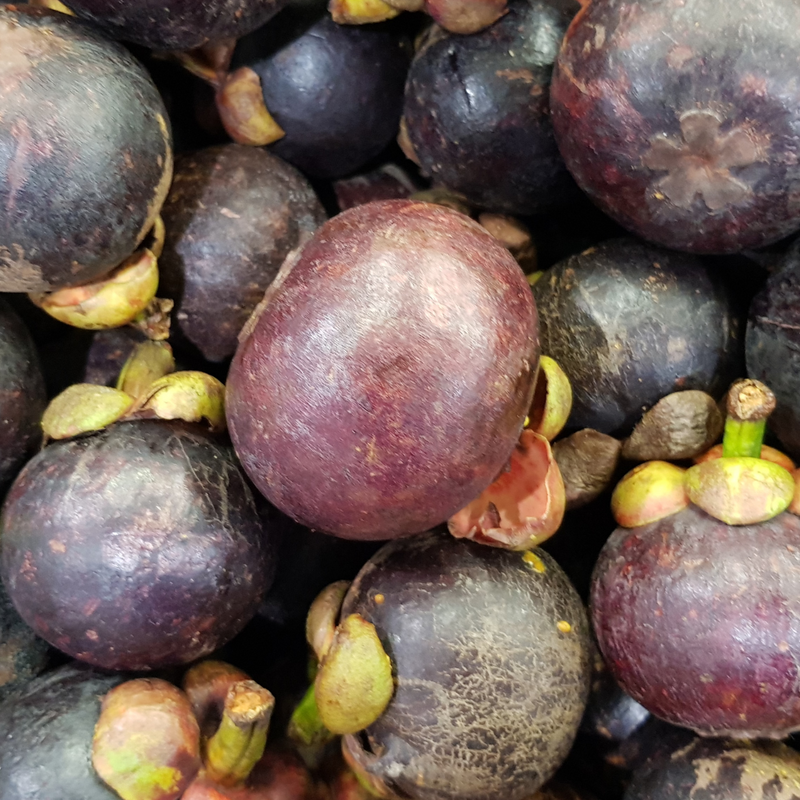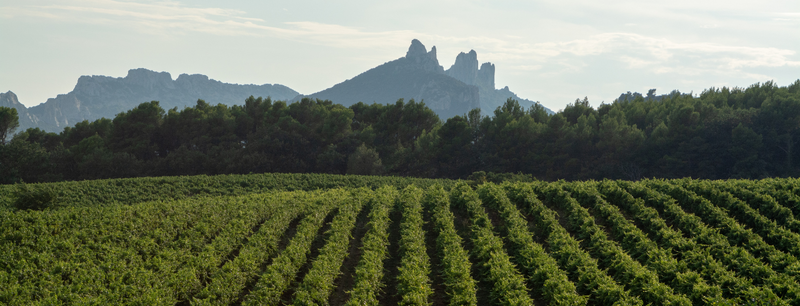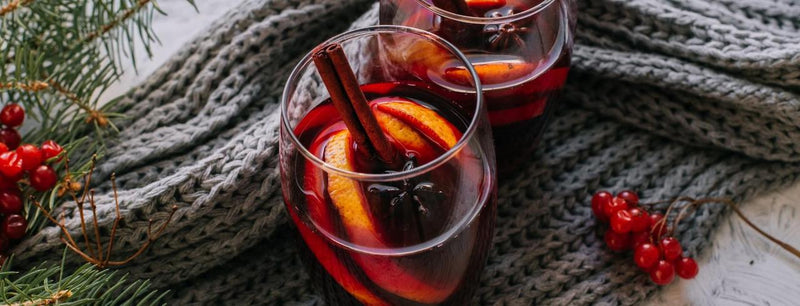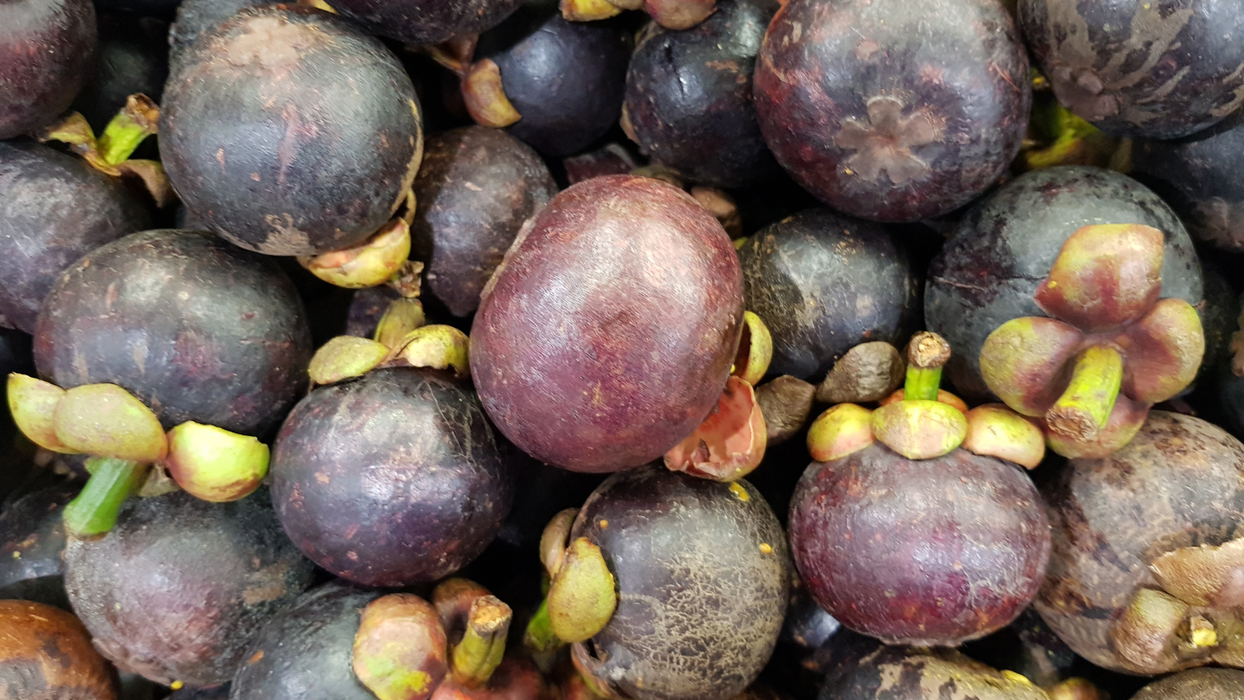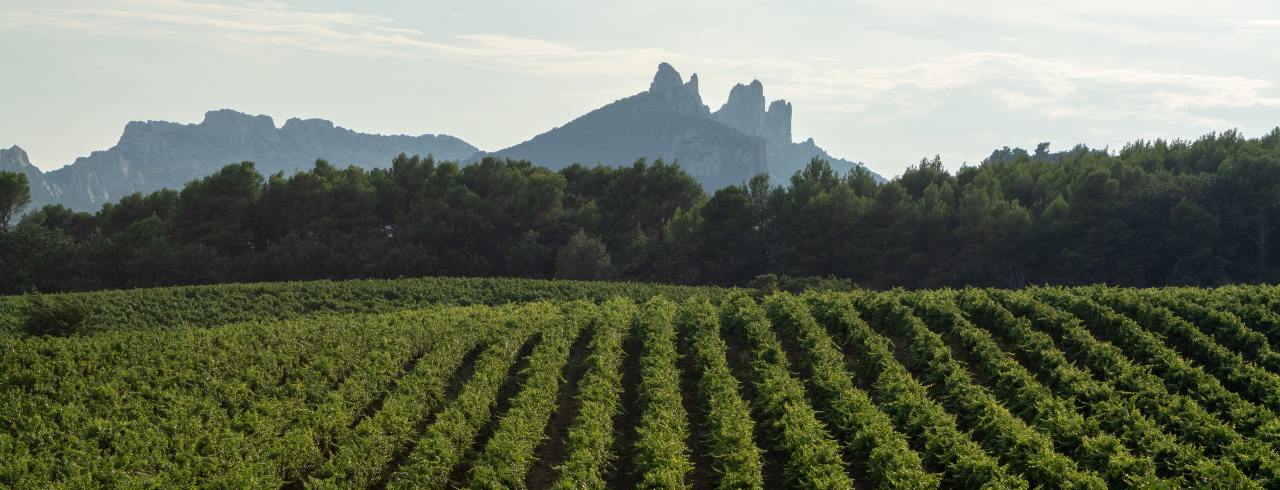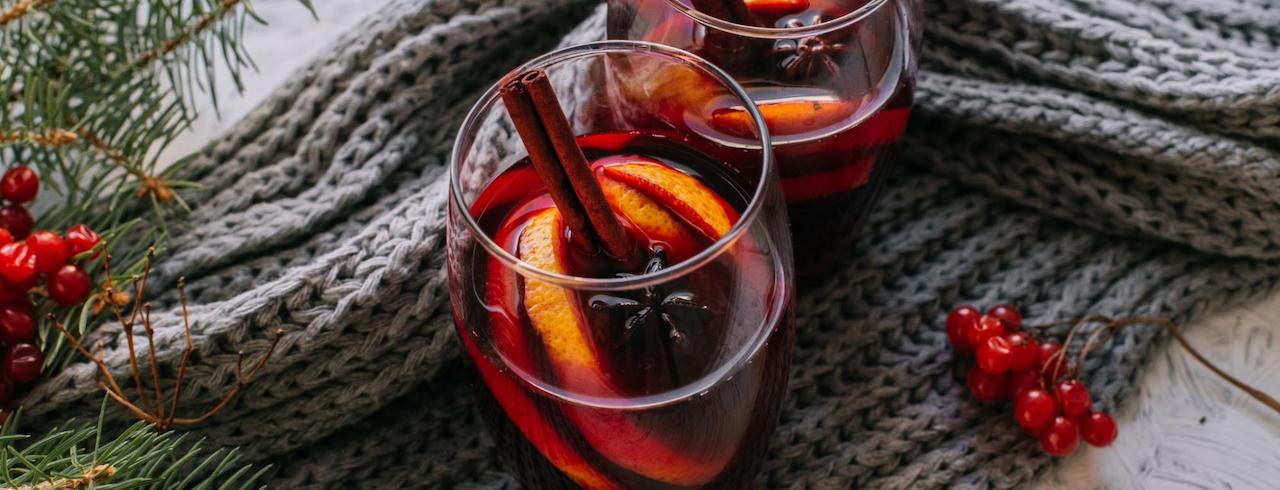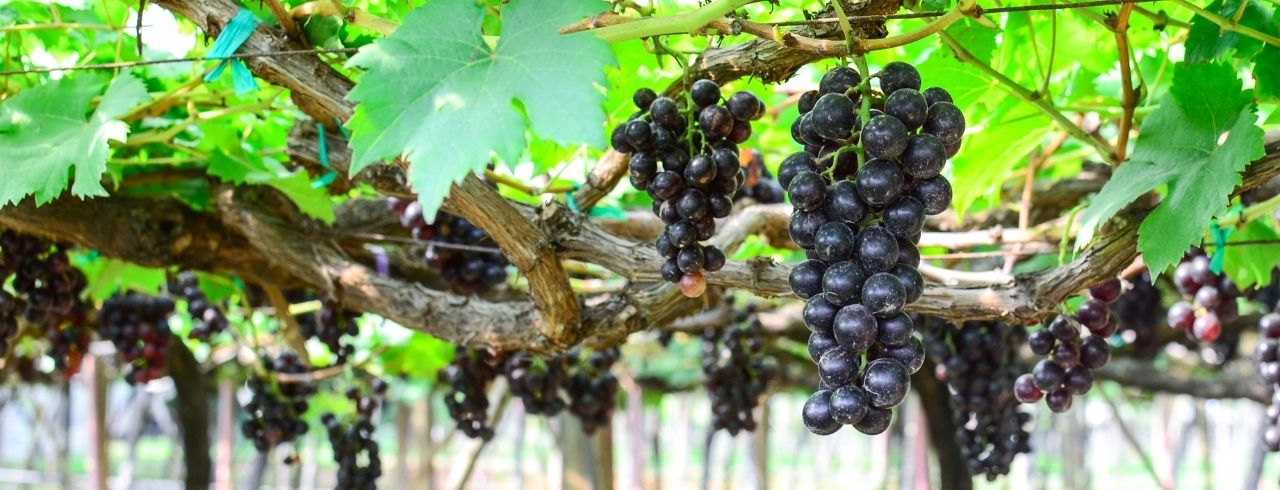
Why Isn't All Wine Vegan?
For those who adopt the vegan lifestyle, the distinction between vegan and non-vegan foods and beverages is typically easy to make. An item either uses animal products, or it doesn’t.
Often, this distinction comes by way of common sense or a simple eye test.
We know that fruit, like bananas, are vegan and that meats, like chicken, are not. With other products, we rely on labels to confidently identify their vegan status. For example, soy milk cartons proudly display a vegan label that cow’s milk cartons lack. So, which category does wine belong to?
The answer might be more complicated than you’d think. Though wine is just a fermented grape juice on the surface, this doesn’t guarantee that it’s vegan. In fact, the majority of wine is not vegan -- to the surprise of many.
To help you better understand why all wine isn’t vegan, we’ll break down the differences between vegan and non-vegan wine, animal products commonly found in wine, and the “fining” materials used by vegan wineries:
Wine Insiders Tip: This article is an in-depth look at what makes some wines vegan -- or not vegan. For a detailed article on vegan-friendly wines, pairings, and brands, check out our Vegan Wine Guide.

Why Do Wineries Use Animal Products?
In the production of wine, one of the most common steps is “fining” the wine.
This stage of a wine’s development comes after fermentation when the wine appears cloudy due to a mix of particles, including fragments of grape skin (in red wines), polyphenols, unwanted proteins, yeast, and even excess tannins.
In addition to muddying the appearance of a bottle of wine, these particles can also negatively influence a wine’s texture and overall flavor profile.
To reduce these negative effects, winemakers will “fine” (purify) their wine using animal proteins, sugars, or other compounds that bind to, absorb, or remove unwanted particle fragments in the wine.
While these products might seem peculiar and definitely violate a vegan diet, they quickly and effectively clarify a wine’s look and smooth out its taste and texture.
Even though these non-vegan compounds are inessential to a winemaker’s final product, many still view them as vital to creating a beautiful, profitable bottle.
Wine Insiders Tip: When looking for a bottle of vegan wine, ask your sommelier or store employee to see their “unfined” wines -- these are often vegan varietals or blends.
Common Animal Products in Wine
Some of the most popular animal products used as wine fining agents are:
Gelatin
Used in a wide variety of food products (candies, cereals, peanuts, and more), gelatin is a protein derived from animal collagen found in connective tissues, muscles, ligaments, and other areas of the body.
Clear in color and devoid of flavor, wineries use gelatin to produce many kinds of wines to create visually pleasing color profiles and reduce bitterness.
Chitosan
Chitosan is sugar mined from crustaceans' firm outer skeletons such as lobster, crab, and shrimp.
This sugar is prized by many in the wine industry for its ability to reduce the presence and visibility of proteins, polyphenols, and yeast that make wine look “hazy” and negatively impact its taste.
Chitosan is unique because it does not require tannins to perform its function, making it a popular additive in the production of white wine.
Isinglass
Isinglass is a protein derived from the dried swim bladders of fish (usually “sturgeon” -- a biological family including 27 species of bony fish).
Unlike Chitosan, isinglass primarily serves as an animal product additive in the development of tannin-heavy wines.
Typically found in the production of red wines, this protein effectively removes excess tannins from “harsh” wines that need a mellower flavor and tannin profile.
Albumin
Like the other proteins on this list, Albumin aids wine production by binding to and removing excess tannins.
It is considered a winery staple because it is an efficient and affordable compound capable of reducing unwanted tannins -- particularly in red wines.
Albumin is especially unique because wineries don’t need to purchase it from a supplier or manufacturer. Instead, wine producers can use albumin-rich egg whites to reduce expenses and soften their wine’s texture during the development process.

How Is Vegan Wine Made?
To make vegan wine, producers have two options: skip the fining process or use vegan fining products.
As we have discussed before, a lack of fining agents can make the wine appear hazy or taste tannic -- which can drive away customers. As a result, most vegan wineries settle for the latter option.
Popular vegan fining agents include:
Bentonites
A kind of clay derived from volcanic ash and often seen in cosmetic lines, Bentonite is one of the primary fining agents used to develop vegan wine.
Usually featured in the production of white wines (before fermentation), bentonite is a very absorbent material that efficiently removes floating particles that give the wine an “impure” look.
Activated Charcoal
Another common fining agent for vegan wine is activated charcoal, a form of carbon with an incredible ability to absorb particles using pores on its surface.
With its hyper-absorbent abilities, activated charcoal can latch onto unwanted particles and fully remove them from a vegan wine.
Pea Proteins
A staple of vegan drinks and supplements, pea protein features in the production of vegan wine.
While less effective than its most natural animal-product comparison (gelatin), pea protein can serve as a fining agent to help clarify wines by removing unwanted particles.
As the vegan wine industry continues to grow, wineries will likely develop clever, efficient ways to utilize this unique fining agent.
Wine Insiders: Your Home For Vegan Wines
Now that you understand the differences between vegan and non-vegan wines, it's time to check out Wine Insiders’ diverse, flavorful and affordable collection of vegan wines.
Whether you love a crisp, sweet white wine or a rich, tannin-heavy bottle of red, we have the vegan wine brands and vintages you need for every meal, season, and celebration.
Some of our other favorite bottles include:
- A smooth Malbec hailing from the Southwest of France and brandishing a compelling mix of fruity notes, balanced tannins, and rich flavors.
- A mouthwatering 2019 Domaine Saint André Rosé shows off its French Mediterranean roots with a delightful combination of bright acidity, pleasant fruitiness, and a creamy texture
- A refreshing 2019 Merveille de Vignes Sauvignon Blanc by EthicDrinks featuring floral notes, well-balanced acidity, and a healthy dose of delicious, tropical fruitiness
For more information about wine, storage, pairings, and more – check out our full library of Wine 101 Guides!
